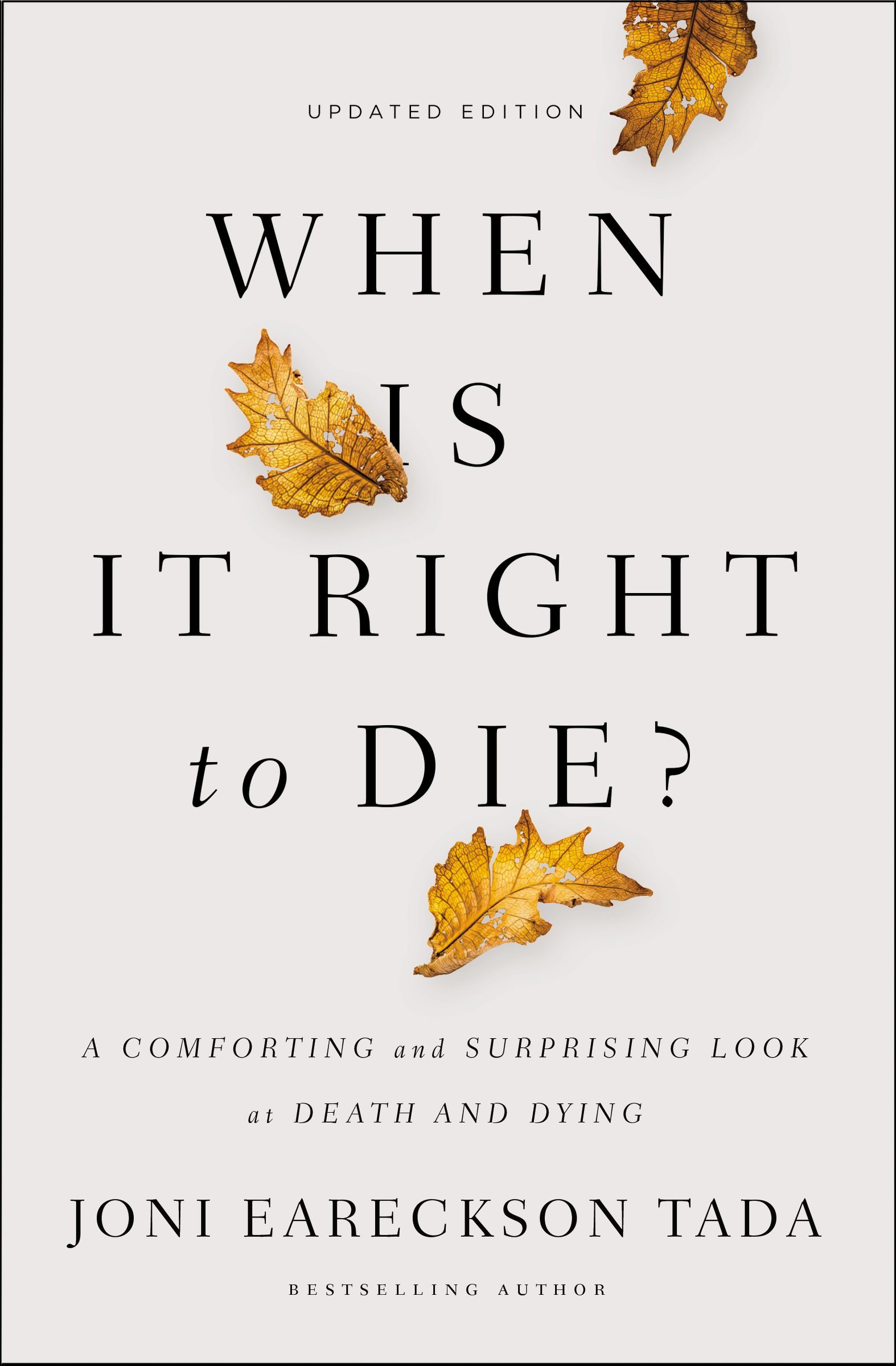What do you think?
Rate this book


205 pages, Paperback
First published October 9, 1992
Is it right to die when a person sees no hope? Is it right to die when the pain becomes excessive, the medical costs prohibitive, the personal dignity shattered? Is it right to die when life becomes too burdensome? Where should the line be drawn? And who has the right to draw it? When is it right to say, “This much I can take, and no more!” Of this much I am certain: There is for each of us a time to die, and when that time comes, we should be prepared to go. But the problem remains: Exactly when is it time?
Some say a society that measures people in terms of quality of life will preserve those who have a potential to function . . . and will neglect those who don’t. Oddly enough, society will ascribe to physically fit and intellectually capable people a very high quality of life, despite the fact that they are sometimes the most miserable, and a very low quality of life to people who are poor and disabled, despite the fact they are sometimes the most content. “Quality of life” is generally used as a counterbalance to the term sanctity of life.